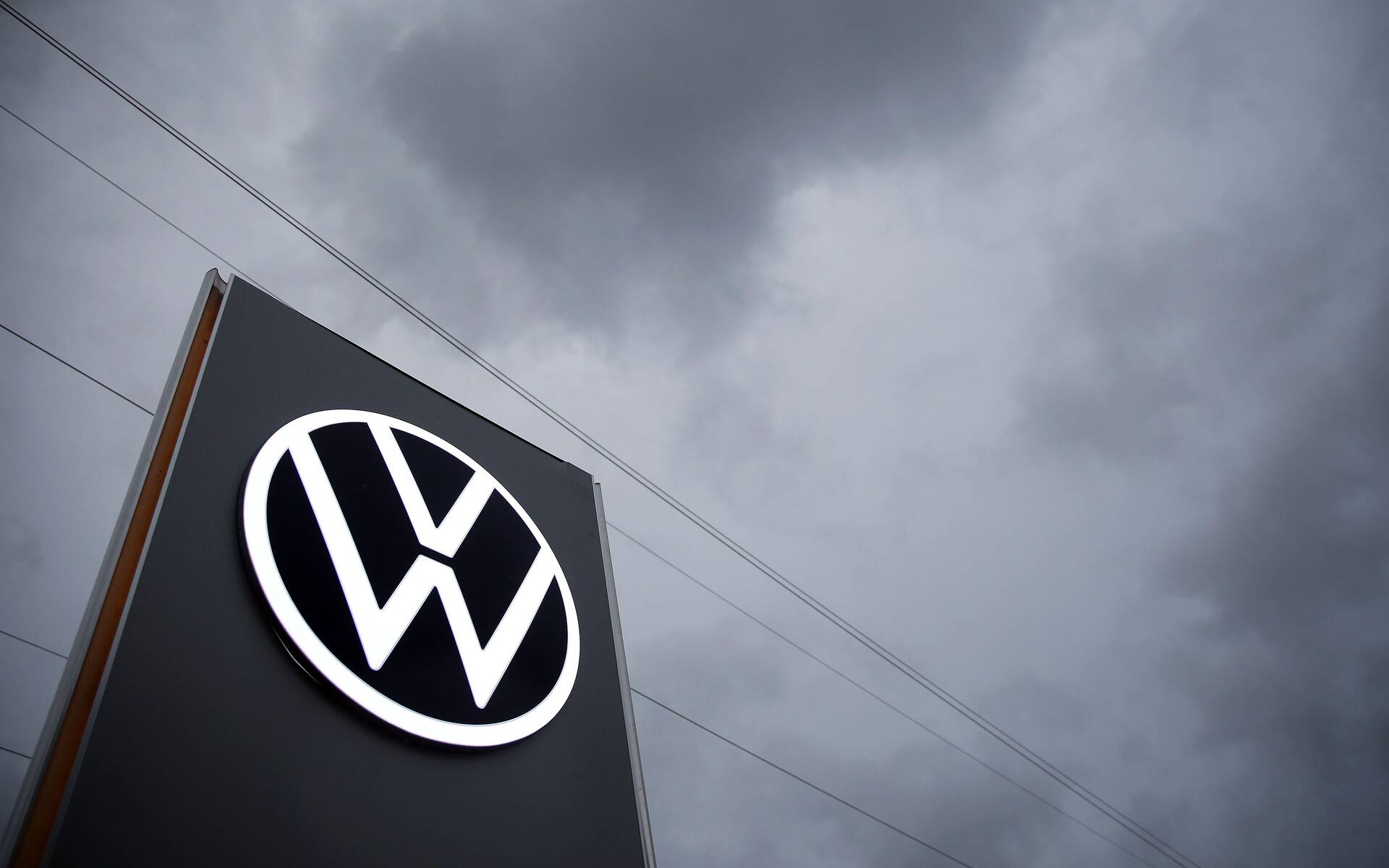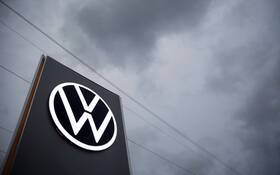Canada Pledges $13.2 Billion in Subsidies for VW Battery Plant
Canadian Prime Minister Justin Trudeau announced Friday up to $13.2 billion in subsidies over 10 years for Volkswagen's first overseas battery plant, to be built in St. Thomas, Ontario.
The production support matches incentives by US President Joe Biden's administration, as Washington's trading partners work to keep up with subsidies under the ambitious Inflation Reduction Act amid anxieties surrounding it.
- Also: Audi EV Factory May Follow VW’s Battery Plant in Ontario
- Also: VW and Mercedes Will Sign Deals with Canada For EV Battery Materials
Already, European leaders fear EU-based companies could move to the U.S. due to benefits from the act, which funnels some $370 billion into subsidies for the United States' energy transition.
"With this historic project, we're not just bringing back manufacturing, we're bringing back a strong thriving economy for this community, and we're delivering a national anchor for Canada's electric vehicle supply chain," Trudeau told a news conference on Friday.
He called the funding "a generational investment" in a new plant that is expected to generate about $200 billion in value.
Volkswagen, which announced in March plans to build the plant in St. Thomas, is investing $7 billion in the 370-acre facility, which is about the size of nearly 400 football fields. According to a statement from Trudeau's office, it is "the largest electric vehicle-related investment in Canadian history."
Construction of what is to be also the biggest manufacturing facility in Canada is set to start next year, while battery production for up to one million electric vehicles annually will begin in 2027.

Volkswagen is also setting up a series of battery plants in Europe, the first of which opens this year in Sweden. This will be followed by another in Salzgitter, Germany, in 2025.
With its own battery plants, Volkswagen is seeking to reduce its supply chain dependence on Asia.
It is also facing a tough fight against US rival Tesla for dominance of the electric car market.
Under its different brands, Volkswagen plans to introduce more than 25 different new EV models by 2030 in North America.

The Canadian government funding of between $8 billion and $13.2 billion will start being phased out in 2030 and completely eliminated after 2032.
Ontario has also pledged $500 million for the plant.












